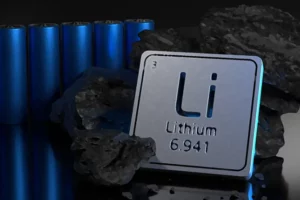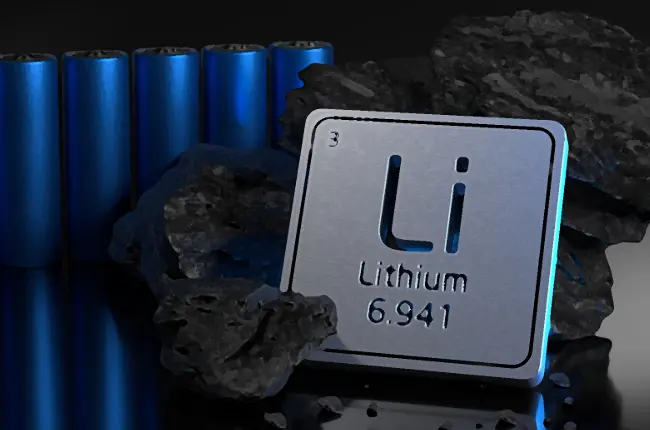Lithium has emerged as a vital resource for economies around the world due to its significant role in various industries. From powering electric vehicles to storing renewable energy, lithium has become a key component in the transition towards a more sustainable and low-carbon future. Here, we explore the importance of lithium for economies and the benefits it brings to different sectors.
- Electric Vehicle Industry:
Lithium-ion batteries are crucial for the electric vehicle (EV) industry, as they provide the energy storage necessary to power these vehicles. As countries worldwide aim to reduce greenhouse gas emissions and combat climate change, the demand for EVs is rapidly increasing. The availability and affordability of lithium are essential for the mass production of lithium-ion batteries, making lithium a critical resource for the growth of the electric vehicle market. This industry creates job opportunities, promotes technological advancements, and reduces dependence on fossil fuels. - Renewable Energy Storage:
Renewable energy sources such as solar and wind power are intermittent, meaning they produce electricity inconsistently. To overcome this challenge and ensure a stable energy supply, energy storage systems are needed. Lithium-ion batteries are widely used for renewable energy storage, allowing excess energy to be stored when it’s generated and used during periods of high demand or when renewable sources are not producing electricity. The integration of lithium-ion batteries in renewable energy systems promotes grid stability, enables higher penetration of renewable energy, and reduces reliance on conventional power sources. - Consumer Electronics:
Lithium-ion batteries are also widely used in consumer electronics, such as smartphones, laptops, and tablets. The compact size, lightweight nature, and high energy density of lithium-ion batteries make them ideal for powering portable devices. The proliferation of these devices globally has significantly increased the demand for lithium. Reliable access to lithium resources ensures the continued development and production of consumer electronics, driving economic growth in the technology sector. - Job Creation and Economic Growth:
The lithium industry contributes to job creation and economic growth in regions where lithium resources are abundant. Mining operations, lithium processing facilities, and battery manufacturing plants generate employment opportunities in both developed and developing countries. Additionally, the growth of related industries, such as electric vehicle manufacturing and renewable energy installations, further boosts job creation and stimulates economic activity. The lithium sector’s expansion has a positive ripple effect throughout the supply chain, creating opportunities for suppliers, service providers, and local communities. - Investment and Innovation:
The growing importance of lithium has attracted significant investment in exploration, mining, and battery technology development. This influx of investment fosters innovation and research in the lithium sector, driving advancements in lithium extraction techniques, battery performance, and energy storage systems. The continuous improvement and innovation in lithium-related technologies not only benefit the industries directly involved but also spur technological progress in other sectors, leading to increased efficiency and competitiveness in the broader economy. - Environmental Benefits:
Lithium’s significance extends beyond its economic impact. The transition to lithium-ion batteries in various industries contributes to reducing greenhouse gas emissions and combating climate change. By promoting the adoption of electric vehicles and renewable energy storage systems, lithium helps decrease reliance on fossil fuels and lowers carbon emissions. This transition aligns with global sustainability goals and creates a cleaner, more environmentally friendly future.
In conclusion, lithium plays a crucial role in economies worldwide, supporting the growth of industries such as electric vehicles, renewable energy, and consumer electronics. Its importance stems from its contribution to job creation, economic growth, investment, and innovation. Furthermore, the use of lithium-ion batteries enables the transition to a low-carbon economy, reducing greenhouse gas emissions and promoting environmental sustainability. As the demand for lithium continues to rise, ensuring a stable and sustainable supply of lithium resources becomes paramount for economies seeking to embrace clean energy and drive technological advancements.

